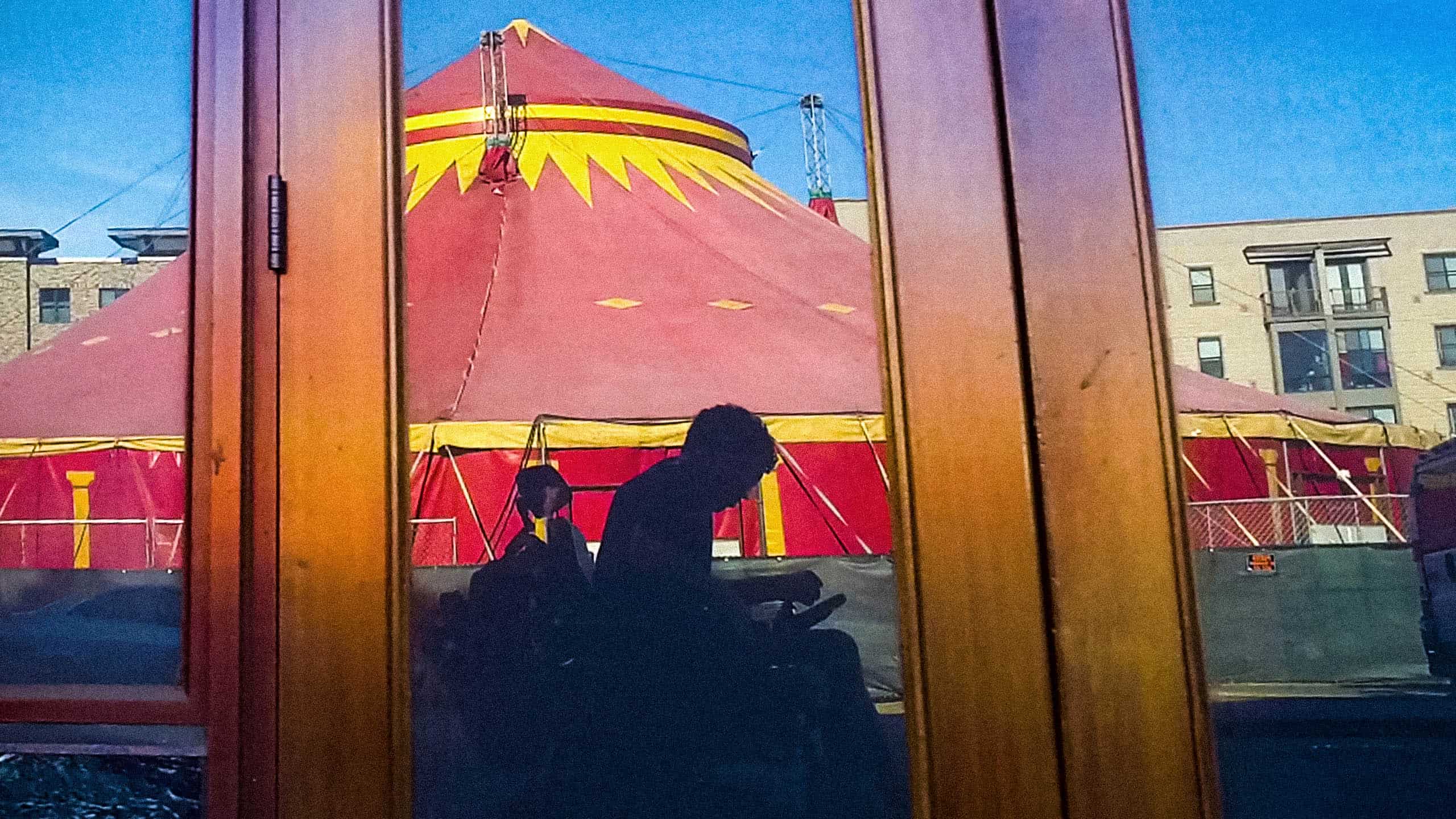I Didn’t See You There (2022) – Review/ Summary (with Spoilers)
I Didn’t See You There, in making the world the subject, not the potential person of interest, puts a lens on those who don’t realize their impact on another person’s life.

Spoiler Alert: This summary and review contains spoilers.
Additionally, some images and text may include affiliate links, meaning we may earn a commission or receive products if you make a purchase.
I Didn’t See You There, in making the world the subject, not the potential person of interest, puts a lens on those who don’t realize their impact on another person’s life.
| Director(s) | Reid Davenport |
| Screenplay By | N/A |
| Date Released | 1/24/2022 |
| Where To Watch | Film Festival (Sundance Film Festival) |
| Genre(s) | Documentary |
| Duration | 76 Minutes |
| Content Rating | Not Rated |
| Noted Cast | |
| Himself | Reid |
Film Summary
Over the course of a little more than an hour, Reid Davenport walks us through the experience of being him. Be it the mundane day-to-day experiences of traversing Oakland, taking a shower, seeing friends and family, or dealing with life as someone who uses a wheelchair and has to deal with a world that isn’t always considerate towards people like him.
Which parlays into the constant reminder of what a tent outside his Oakland home means to people like Reid, alongside his hometown of Bethel, Connecticut, which is famous for PT Barnum, the man who popularized the Freak Show and circuses.
Cast & Character Guide
Please Note: This is not an exhaustive list of every cast member.
Reid

All photos are copyrighted and may be used by press only for the purpose of news or editorial coverage of Sundance Institute programs. Photos must be accompanied by a credit to the photographer and/or ‘Courtesy of Sundance Institute.’ Unauthorized use, alteration, reproduction or sale of logos and/or photos is strictly prohibited.
From the film, we learn that Reid has been a filmmaker for over 10 years and only moved to Oakland 7 years ago due to accessibility and a better career path. However, if his mom had his way, she’d have him back on the east coast in a snap.
Other Noteworthy Information
- Reason(s) for Film Rating: Cursing
Review
Highlights
Not Being Afraid To Have Uneventful Shots
While we often look at films from the point of view of what is commercial, exciting, or worth someone’s money, I also appreciate that Reid didn’t really aim for that. Whether it is just shots of him going down the street, a shot of a spider, or the flies stuck to a sticky film, there is no fear in slowing things down and not presenting you just the best and worst moments he deals with. For like anyone else, sometimes life is uneventful, and you just do your daily task, neither bothered nor having to think about a thing beyond what you may have for dinner.
Not Being The Subject, But Having The World Be The Subject
Reid could have easily made this whole film about his experience, gone into his life until now, and made it so that if you haven’t seen his previous work, this entry could catch you up. But no, instead, he makes the people in his world the subject, rather than make him the subject to the world. This makes for a refreshing take since there is less of an othering feeling when seeing things from his perspective, often without explanation.
Rather, you see Reid more as someone who may need a wheelchair and some accommodations, but it isn’t on him when the world doesn’t have him in mind. Instead, it is on you, the people who park at the crossing walk, who block ramp access, and so many others who don’t have common decency. In many ways, while Reid gives you his day-to-day, he also calls out everyone and all the places who make life harder than it has to be.
Name Dropping So You Can Get Some History
Throughout the film, Reid name drops to help you understand, while things can be hard or annoying for him, he has options in his life. So while some people make him wanna yell “Fuck!” as soon as he is alone, at the very least, he can move across the country, find an apartment, and do what he loves for a living. But, when it comes to Calvin Philips, Jenny Lee, and Elvira Snow, alongside Sarah Bartman, they didn’t have the same opportunities. Their choice was either starvation or death, and for some, they were enslaved, so they didn’t have a choice. They were bought like an elephant or lion to be gawked at but never really seen.
All of which isn’t said for the sake of showing progress or for Reid to play down his own feelings. More so, it is to educate you that, like all forms of oppression, none of it has ended. More so, it has evolved in order to find new ways to be socially acceptable and profitable at the cost of someone’s dignity.
Overall
Our Rating: Positive (Worth Seeing) – Recommended
As its title implies, I Didn’t See You There forces you to see, acknowledge, and understand Reid. It wants you to understand, while well-meaning, it is better to genuinely greet him and talk to him than begin a conversation with whether he needs help. As you go through life, there is a request to recognize your failing to think of others just made life so much harder for someone else and could ruin their day.
But most of all, I Didn’t See You There wants you to know Reid is part of the world, has a wealth of experiences, and while not always in the mood to share it, he does have a story to tell.
[ninja_tables id=”46802″]
Images used for editorial and commentary purposes. All rights remain with their respective copyright holders.


